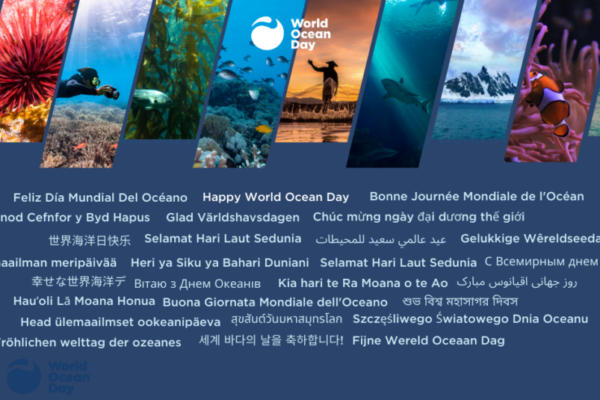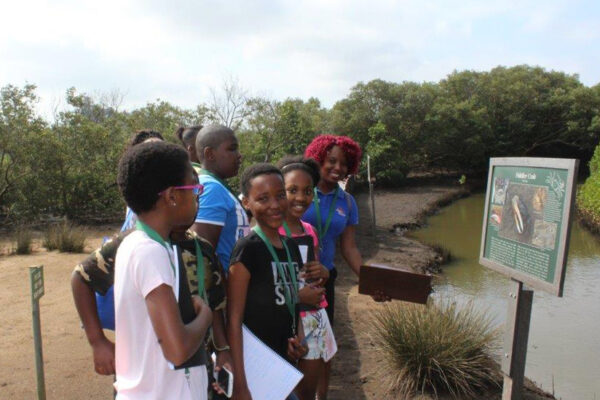In his recent post The Ocean Project’s policy advisor, Tom Adams, underscored the importance of protecting the policies that protect our ocean, and referred to the need for aquariums and zoos to engage the public on this issue.
But how best to do so? Building on a strong foundation of public opinion research and lessons learned from other efforts with its partners, The Ocean Project, we are now working with three conservation-minded aquariums to answer exactly that question. Together with our partners at Mystic Aquarium, Seattle Aquarium, and Texas State Aquarium, our goal is to find a way to inform visitors about the important role that a sound, science-based approach can play in protecting, even improving the health of our fisheries, while still ensuring that they enjoy their time on site. (It’s part of a new initiative we launched last year to inform science-based federal fisheries policy and advance action for healthy, sustainable marine ecosystems, with support from the Gordon and Betty Moore Foundation.)
The good news is that we can start with good news. In each region, there are species of fish that were once in trouble but are now on the road to recovery. As these fish have recovered, the benefits have extended to the health of surrounding ecosystems and the health of local communities. These emerging success stories can be traced back to sustainable seafood choices and sound fisheries policy. And our hope is that by telling these stories, visitors will both connect the dots, and want the dots to stay connected, with a recognition that sound, science-based policy aimed at the long term helps us all, from the fish and the ocean to the fishing communities and seafood lovers too.
Each of the three aquariums will be providing a local take on this tale, and to add a twist they’ll each deliver it in their own unique way. Mystic Aquarium will be showing a video PSA to their visitors. Seattle Aquarium will engage their guests using an informational cart. And Texas State Aquarium will try serving up samples of a fish species that is making its way back onto local menus. These aquariums will be rolling out their efforts later this spring, and we’ll then work together to assess the effort and share our results with The Ocean Project’s full network of partner aquariums, zoos, and other organizations starting in June.
We know that fisheries, let alone fisheries policy, is not a top topic for most aquarium and zoo visitors. But we also know it is an incredibly important one, especially with the Magnuson–Stevens Fishery Conservation and Management Act expected to come up for reauthorization later this year. So maybe with a little good news about the past and some hope for the future, along with the urgency of the moment, we will see visitors develop a taste for it.
Photo courtesy of VacationPass.com




